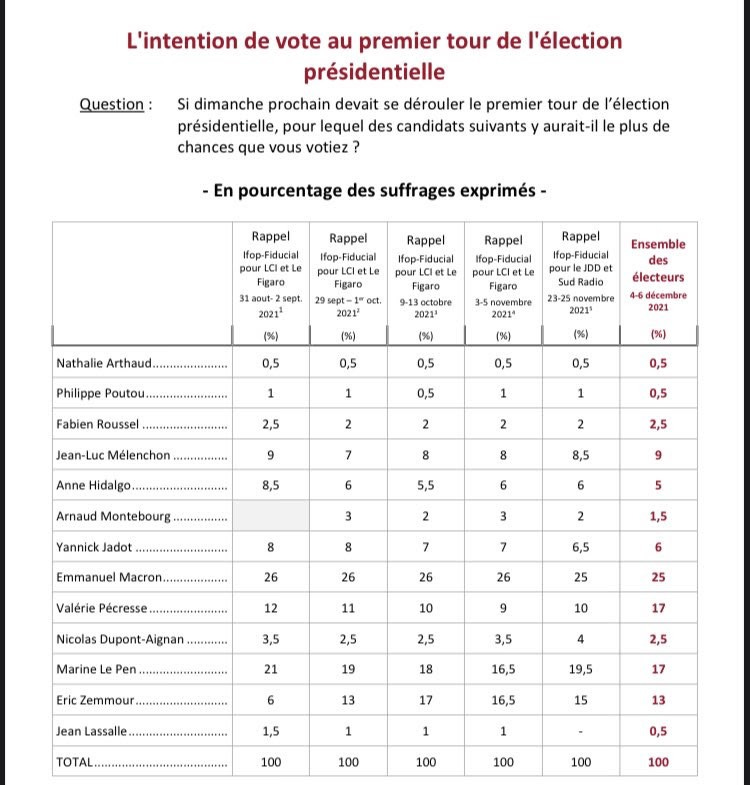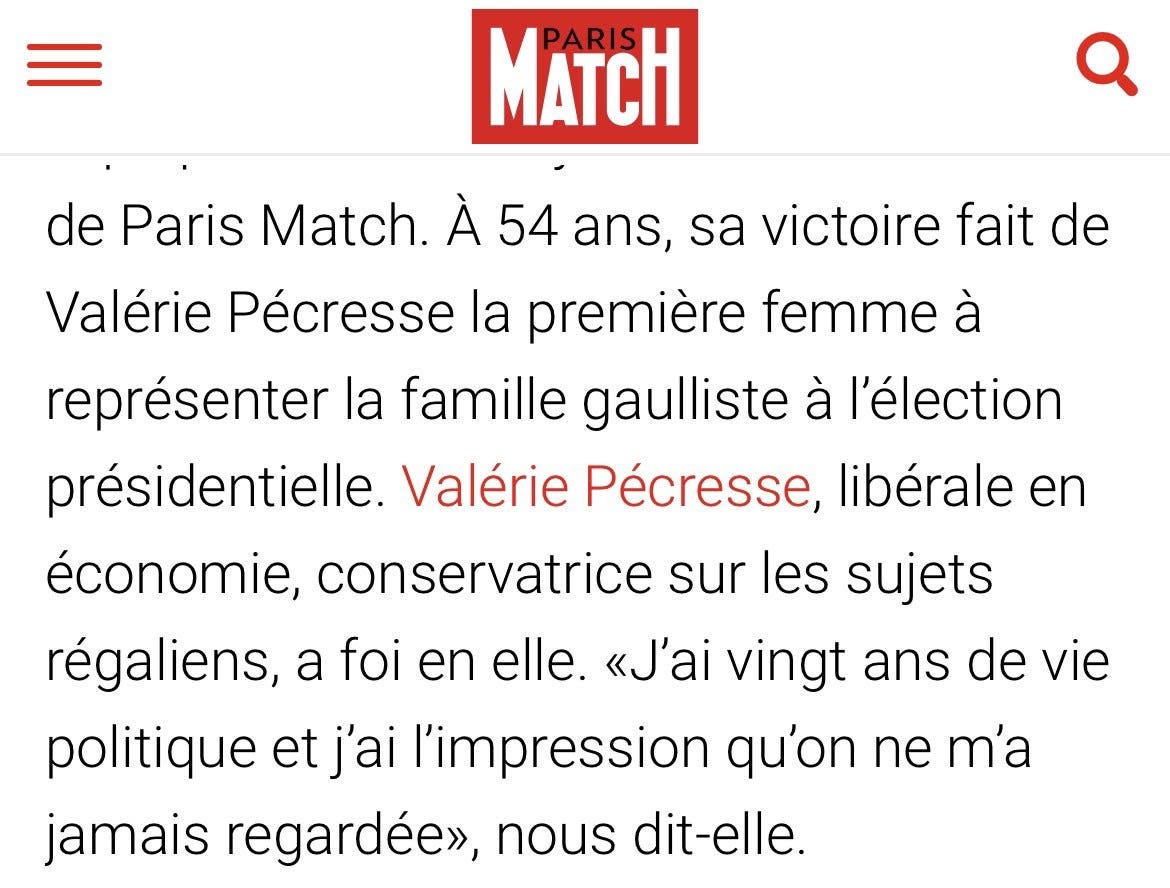Welcome, In Lieu of Fun!
From Claire—On Friday, late at night in Paris, I went on In Lieu of Fun with Kate Klonick and Benjamin Wittes. If you missed it, you can watch it here:
When I finished, I checked my mail and saw—mirabile dictu!—that we had dozens of new subscribers. Welcome, new subscribers from In Lieu of Fun! We’re so glad to have you along for the ride.
Let me give you a quick tour, new In Lieu of Fun subscribers. First, we just finished building our beautiful new website, which is where you should go to read our archives and our new stories.
Now let me show you where to find the things we talked about on the show. Remember I mentioned our big debate about energy? You can read that here:
And then you can visit our debate forums, here:
Proposition: By 2040, solar power will provide affordable energy for the entire world.
Proposition: If human life and health matter to you, you must support nuclear power.
Proposition: Climate change should concern us and guide our energy policy.
Proposition: Biden's infrastructure proposals are a promising venue for global energy innovation
Proposition: Climate summits are an expensive waste of time.
Find out who won, here. Oh, and don’t miss the two-hour “Energy Week: Beyond Thunderdome” Cosmopolicast, hosted by Monique Camarra, who also hosts The Kremlin File. You can find all of our Cosmopolicasts here.
Our editorial vision
Benjamin asked me if we had an editorial vision. We do. You can read about it on our “About” page:
We are committed to the cosmopolitan ideals of the Enlightenment. We believe in rational inquiry, free speech, free trade, progress, tolerance, fraternity, limited and constitutional governance, the rule of law, and the separation of state from church, temple, and mosque. We are deeply concerned that these ideals may not survive the digital age. This concern and the questions its prompts shape our editorial decisions. We envision CG as a conversation with readers who are likewise concerned, and who wish to explore these questions with us—from as many angles as there are nations on this earth.
As I said on the show, what we’re building—what you just joined—isn’t just a website. We’re calling it a “platform,” but I don’t like that word; it sounds like business school jargon, which our Style Sheet strictly forbids. So it’s a placeholder word until we think of a better one—something closer to “forum,” or “summit,” or maybe “public square.” But the key is, this isn’t just a news website. It’s a meeting place for people who are interested in global affairs. And by “global affairs,” we mean something broader than “foreign policy.” Our remit is any issue of genuine interest to everyone in the world.
For example, we ran a series on catastrophic and existential risks: nuclear weapons, biotech accidents, Internet disinformation, the anti-vax movement, asteroids. Sometimes, we just explore a place in the world that interests us, like Armagnac country. We also treat foreign policy, but our purview is broader than that. We have debates, seminars, lectures, podcasts, documentaries, and a book club—in fact, you just missed our book club Christmas party. If the pandemic ever ends, we’ll have weekend retreats and lots of other live events. Finally, we’re building an international news translation superhighway, which you can read about here.
So welcome. We’re really happy to have you along.
Premium features
New subscribers, we just asked our old subscribers what premium features they’d like to see at the Cosmopolitan Globalist. You can read our questionnaire here. We’d like your views, too, so please weigh in.
From the responses we’ve so far received, the consensus was that no one wanted Cosmopolitan Globalist bikini (your loss—no accounting for taste). But many asked for a daily roundup of the news from around the world. So you’ll be receiving “Global Eyes” (get it?)—in your inbox regularly from now on.
People also wanted another Great Debate. We’re planning that right now. New and old subscribers alike: Is there a particular proposition you’d like to debate? You were vague on that score. Send us an email and let us know.
The French Election Twitter Summit
If you’re on Twitter, we’ll be holding the second meeting of our French Election Twitter Summit today at 3:00 pm Paris time on Twitter Space,1 with Frédéric Guarino. Curious about French politics? Join us to discuss the past week in France’s presidential election campaign, complete with gossip and election handicapping.
We’ll be doing this every Sunday. Kate, you misheard me when I said that I thought Macron would face off against Valérie Pécresse. You thought I said he’d face off against Marine Le Pen—maybe because I referred to “her” or “she.” Nope, Le Pen is going nowhere. The one to watch is Pécresse. This election has become a lot more interesting because Les Republicains nominated her as their candidate.2 If she makes it to the final round, she’ll give Macron a real run for his money. Join us today to learn more about her.
Last week’s discussion was excellent. Here are Frédéric’s notes: Valérie Pécresse, a self-professed mix of Merkel and Thatcher. And below are Frédéric’s notes for today’s summit.
For those of you who’ve never given much thought to French elections, I wrote this NAQ—Never Asked Questions—explaining how France works in 2017. It still applies. (So does this article I wrote five years ago about the Le Pen family, as does this one.)
Pécresse, for now Macron’s main foe
Frédéric Guarino
(Claire—I’ve added a few clarifications and notes for the benefit of our Anglophone readers.)
My predictions from last week about Pécresse’s next moves:
Her campaign will work double time to counter her Parisian image and talk up her links outside Paris (her husband has Corrèze roots, for example). Watch for Pécresse in boots during hunting season; her mentor, Gérard Larcher, Senate President, is an avid hunter in the Yvelines forest. There’s a photo op coming next week.
Pécresse will want to project an image as a “rassembleuse de talents” (gatherer of talents) and will actually use the words “l’équipe France” (the French team) to contrast herself with Macron’s solitary style of leadership. Pécresse will insist on this and refer to de Gaulle.
Pécresse will challenge Macron as France accedes to the EU Presidency on January 1. She will portray Macron as out of step with the rest of the EU and proclaim her own style of diplomacy, “La France Forte” (strong France), etc. Macron needs to be extra careful about how he manages the EU during campaigning.
Here’s what actually happened:
Pécresse’s boost in the polls is a logical return to reality, owed to the dominant status of her party—Les Républicains, or LR—in French politics. Major regions and cities are headed by LR.
She’s deftly signalling her embrace of the entire LR spectrum by making visits all over France, from Ciotti in the Southeast to Bertrand in the Hauts de France and Barnier in Savoie. She will do this repeatedly to contrast with Macron, who’s lost some of the “barons” who initially supported him, such as Lyon’s Gérard Collomb.
Her op-ed in Le Monde about her vision of the relationship between France and the EU was a smart way to plant the flag against Macron.
The next challenge: Pécresse lamented not being “seen” in Paris Match, and media analysis played up her reported “lack of charisma” and so-so oratory skills. (But the article also noted that “behind the smile, there’s an iron lady.”) Pécresse lacks a story to define herself. Watch her play up her son’s cannabis-linked arrest to relate to many French families.
René Rémond’s typology is still valid.3 Voters for ROF/UNR/UDR/RPR/UMP/LR (all right-leaning parties) put a premium on “le chef.” Pécresse’s forceful style is a plus.
Ciotti’s hard right positions could peel off another 3–4 percent and put Pécresse at 20 percent, which is what LR needs to be a firm contender against Macron.
Then the harder part begins.
Pécresse will surely try to portray LR as the right and Macron as the left. Macron’s support is much wider, as the prominence of Edouard Philippe, Gérald Darmanin, and Bruno Le Maire in his administration attests. His party, En Marche, will need to play up the conflict between sovereignists and those who are pro-EU and pro-free trade. The Maastricht ‘92 referendum schism is the dominant political fault line in France.
Pécresse has a few cards to play: There are persuadable Zemmour and Le Pen voters who until recently voted RPR (Rassemblement pour la République, a Gaullist, conservative party). She will portray her personal story as a mirror of Jacques Chirac’s, whose “capital sympathie” (store of affection) remains high in this group. She will also continue to say “Ciotti is my Charles Pasqua.”

The IFOP poll shows the left-leaning voting bloc is 25 percent (from Arthaud to Jadot); the right-leaning voting bloc is 50 percent (from Pécresse to Lassalle); and Macron’s center is 25 percent. Macron’s votes come from both blocs, in my opinion, and are holding, for now.
The analysis of the Zemmour-Le Maire debate has been notable: Zemmour received praise for his debating skills; the subtext was that Le Maire wasn’t effective, as Macron’s proxy, in planting the political flag Macron needs him to plant.4 I predict this is where Pécresse will hit him relentlessly: “Macron stands for nothing.”
Read more by Frédéric Guarino here.
Also by the Cosmopolitan Globalists: Arun Kapil has written a Zemmour roundup; a Pécresse roundup, and an eyewitness account of Zemmour’s violent rally in Villepinte. Vladislav Davidzon was at the rally, too; he wrote about it here.
The week ahead
Coming up this week: Toomas Hendrik writes about the future of war. Claire Berlinski writes about the Summit for Democracy. Nicolas Tenzer asks if there’s an alliance of dictatorships, and if so, in what sense? Vivek Kelkar writes about China’s String of Pearls. Fred Cole asks whether there’s a Trump coup and a civil war impending in the United States. Yuri Deigin weighs the evidence for and against the hypothesis that SARS-CoV-2 escaped from a lab in Wuhan.
Also coming up: Bradley Martin will be writing about North Korea. Brad is another one of the original Asia Times alumni and he’s also the author of Under the Loving Care of the Fatherly Leader: North Korea and the Kim Dynasty.
We’ve also got another essay for you by David Berlinski, this one about the First World War, and speaking of David Berlinski, Benjamin, you asked me about Éric Zemmour. The article he wrote for us about him is an excellent introduction. You can also read it in French, if you’d like. (If nothing else, read the title, for the great pun.)
Bonus: Between now and Christmas, the Cosmopolitan Globalist proposes to teach our subscribers how to make the world’s best cookies. Look out for the CookieGlobalist in your mailbox. If you’re new, you have some catching up to do; you missed the recipe for Biscotti alla ricotta and our guide to the highly challenging macaron. But don’t worry, if you rush to the kitchen now, you can still get caught up in time to make tomorrow’s Badener Chräbeli.)
Global Eyes
News and notes from around the world
Keep reading with a 7-day free trial
Subscribe to The Cosmopolitan Globalist to keep reading this post and get 7 days of free access to the full post archives.







